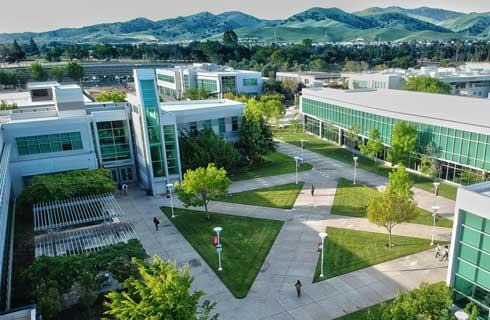国际学生入学条件
Applicants to our graduate program commonly have a Bachelor’s degree in Earth Sciences or closely related discipline, but the multidisciplinary nature of our program allows for entry from other backgrounds as well. Students entering the graduate program in Earth and Climate Sciences typically have completed at least one year of chemistry, physics, and calculus, as well as several courses in Earth or environmental sciences beyond the introductory level. Students who have not completed these basic requirements may be admitted, but may be required to complete specific courses to fulfill deficiencies. Deficiencies are determined on an individual basis by the student’s chosen advisor, and depend on the research topic and subdiscipline chosen by the student.
Official transcript of all previous college or university work
The School has no formal minimum GRE or GPA requirements.
Before submitting an application, students should contact individual faculty members within the School to determine if:
their interests align with current faculty research programs
if individual faculty are interested in mentoring additional students
what resources are available to pursue research activities
IELTS - 6.5
TOEFL IBT - 80
Duolingo English Test - 105
展开
IDP—雅思考试联合主办方

雅思考试总分
6.5
- 雅思总分:6.5
- 托福网考总分:80
- 托福笔试总分:550
- 其他语言考试:Pearson Test of English Academic - 60
CRICOS代码:
申请截止日期: 请与IDP联系 以获取详细信息。
课程简介
As concern about the timing, magnitude, and rate of future climate change increases, developing a comprehensive understanding of the relevant mechanisms governing climate variability is crucial. The identification of several abrupt climate shifts in the paleoclimatic record greater in magnitude than those experienced by modern society has served to highlight the potential risks associated with continued increases in atmospheric greenhouse gas emissions. A variety of techniques, including modern observations and process studies, paleoclimate proxy data, and model-based data synthesis and prediction, are used to identify triggering mechanisms of abrupt climate change, These, in turn, serve to improve our ability to estimate future changes. Models that explain observed climate variability on all timescales are still inadequate, in part due to a lack of information on fundamental relationships between climate and environmental responses. Hypotheses that relate changes in climate forcings and associated responses are critical, particularly for the Southern Hemisphere, where long high-resolution paleoclimate records and detailed glaciological observations are limited. Additionally, an understanding of human response to past climate change provides an opportunity to understand the societal impact of major environmental events, such as changing weather patterns and rising sea levels. The interdisciplinary field of geoarchaeology provides the opportunity to examine such events in a human context, leading to a better understanding how future events may shape our cultural response. The School of Earth and Climate Sciences and Climate Change Institute have long been recognized as leaders in these areas, and have been involved in defining and refining several paradigms associated with global and abrupt climate change. Over the next decade, School and Institute faculty will have integral and often leadership roles in several climate research initiatives ranging from deep ice core recovery and geologic sampling to satellite remote sensing and examining human culture/climate linkages.
展开







 预科
预科 奖学金
奖学金 实习机会
实习机会 在校学习
在校学习 跨境学习
跨境学习 校园授课-线上开始
校园授课-线上开始 在线/远程学习
在线/远程学习












 哥伦比亚大学
哥伦比亚大学



 圣弗朗西斯大学
圣弗朗西斯大学

 加州大学圣地亚哥分校
加州大学圣地亚哥分校

 不列颠哥伦比亚大学
不列颠哥伦比亚大学

 丹佛大学
丹佛大学










